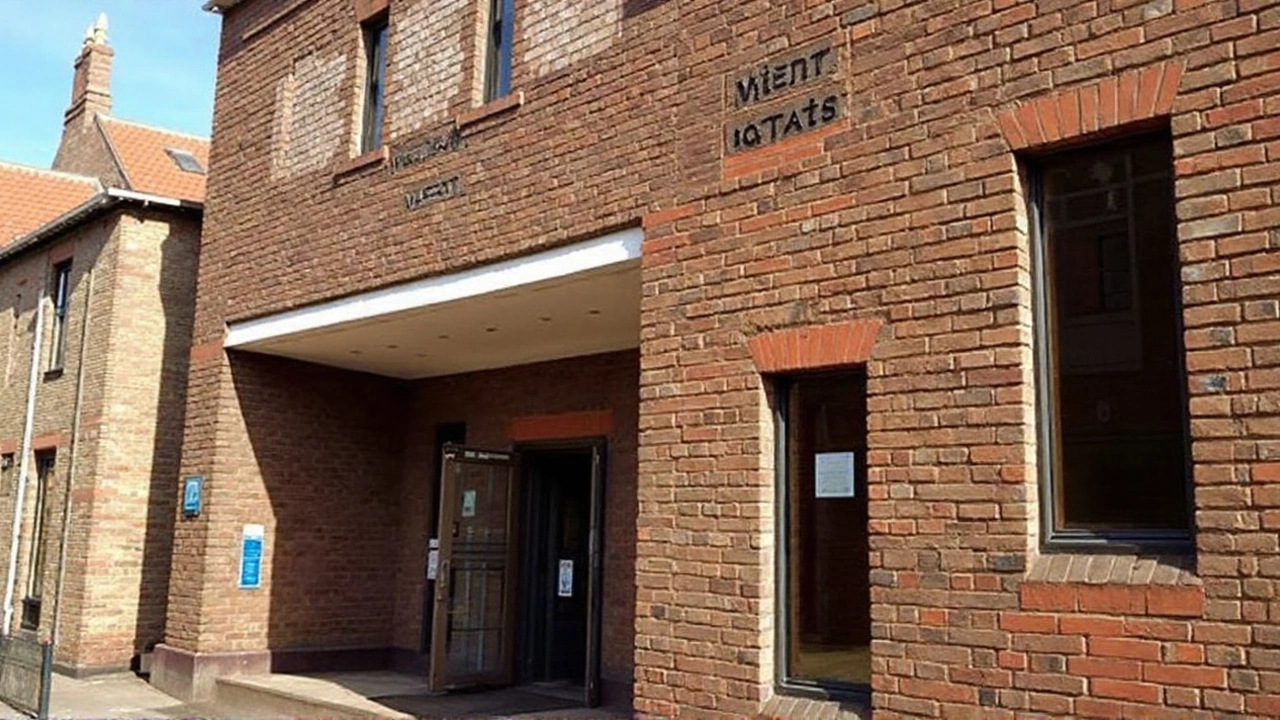Legal & Criminal Justice Updates: Court Rulings and Police Evidence Issues
Welcome to the hub where you can catch up on what’s really happening in courts and on the streets. No jargon, just the facts you need to understand recent verdicts and police conduct that affect everyday life.
Recent Court Highlights in King’s Lynn
Last week’s King’s Lynn sessions were anything but ordinary. A punch‑up at a Fakenham pub turned into a courtroom drama, while a fight at the town bus station added another layer of chaos. The judges also handled several domestic abuse hearings and even dealt with pensioners suffering brain bleeds. One surprising outcome: three teenagers were ordered to pay for the damage they caused to public toilets in the town centre.
What does all this mean for the community? First, it shows that even seemingly minor offences, like vandalising a toilet, can carry real penalties. Second, the variety of cases reflected how courts balance public safety with individual rights. If you’re wondering how a typical court decides on these matters, the judge looks at the severity of the offense, previous records, and the impact on victims.
Understanding Police Evidence Planting
Switching gears, let’s talk about a darker side of law enforcement: planting evidence. Officers have been caught adding fake clues to a suspect’s case to force a conviction. The motive? Boosting arrest stats, covering up mistakes, or even personal vendettas. This practice isn’t new—it dates back to the 1800s—but it’s just as illegal and damaging today.
Why does this happen? Sometimes pressure to solve high‑profile crimes leads officers to cut corners. In other cases, corrupt individuals try to build a criminal record for someone they dislike. The fallout is huge: wrongful convictions, ruined lives, and a loss of trust in the justice system. When evidence is fabricated, the entire case can collapse, costing the police department time and resources.
What can be done? Oversight bodies need strict monitoring, and citizens should demand transparency. If you suspect misconduct, filing a complaint with the Independent Office for Police Conduct (IOPC) is a solid first step. Documentation, video evidence, and witness statements are key tools for holding officers accountable.
Both court outcomes and police conduct shape the legal landscape. By staying informed about cases like the King’s Lynn hearings and the realities of evidence planting, you’re better equipped to understand how justice works—or sometimes doesn’t. Keep checking this page for fresh updates, plain‑spoken analysis, and practical tips on navigating the criminal justice system.

A busy week at King’s Lynn court featured a violent pub attack in Fakenham, hearings on domestic abuse, a fight at the town’s bus station, and cases involving pensioners with brain bleeds. Three teenagers were sentenced for damaging town-centre public toilets. Here’s what was heard in court, what typically happens with these offences, and why it matters for public safety.
Read More
Police officers have been known to plant evidence in order to frame suspects for a crime they did not commit. This unethical practice is often done in order to gain a conviction and has been happening since the 1800s. In some cases, officers have been found to plant evidence in order to get a criminal record for a suspect, or to boost their arrest rate. Planting evidence is illegal and can result in serious consequences for the officer and the suspect. It is important for the law enforcement community to ensure that officers are held accountable for any evidence they plant.
Read More